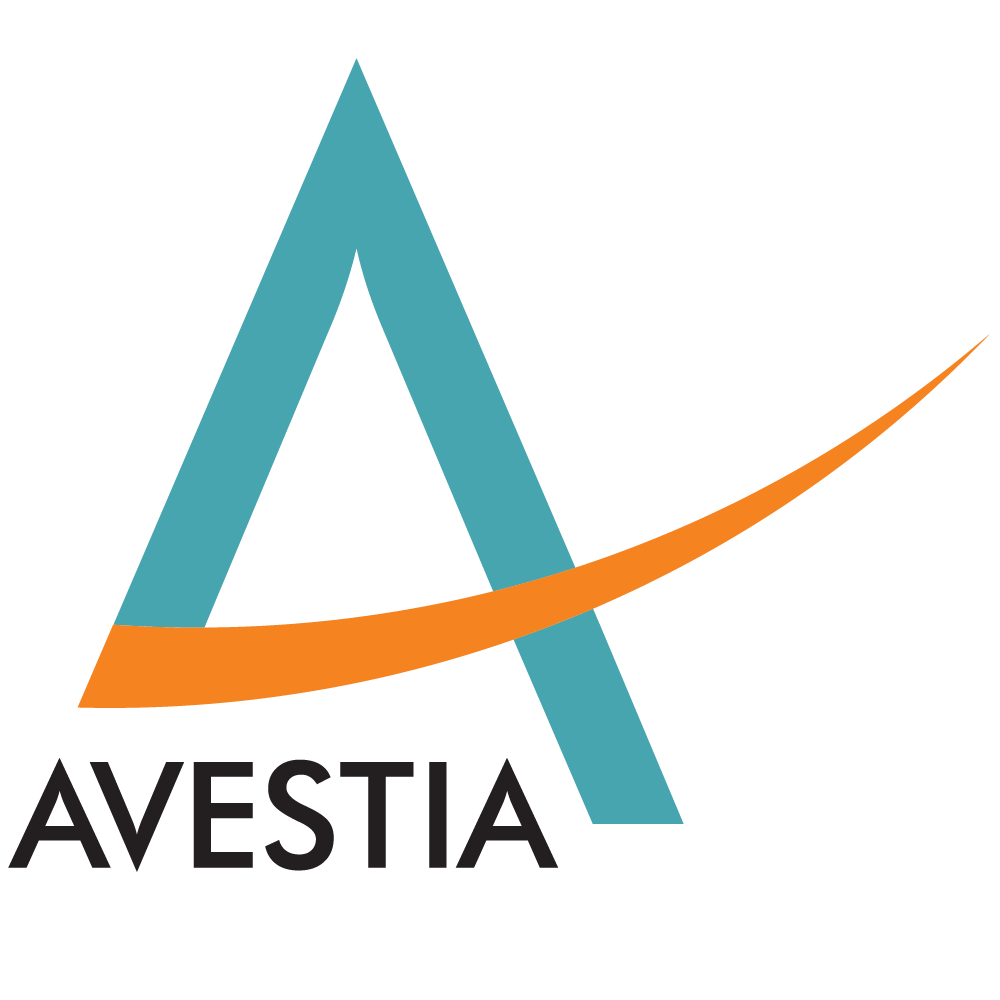Samantha Isabel Aspajo-Diaz, Martha Yocklen Mendoza-Moscoso, Jorge Antonio Corzo-Chavez
Abstract: The objective of the research work is to reduce the stock of a company in San Martín, Peru, that offers the installation service of solar thermal heaters. First, a brief description is presented, the background of the organization and an evaluation of the company's indicators to find the problem under study. With this we find the technical gap of 31.11% during the year 2022, which was calculated with the difference of 47.78% of stock outage cases of the company studied compared to 16.67% of a trading Mype found within the analysis of 40 articles scientists. Subsequently, the design of the solution is proposed linking the root causes with the ABC Classification, Material Requirements Planning and Economic Order Quantity. The latter were analysed and the positive contribution to the solution of the problem was concluded. Subsequently, the development of the proposal is known in detail, developing the validation methodologies to verify that the proposed tools are effective for the improvement project through the training of workers, the reorganization of the warehouse and its subsequent verification, where results were obtained. such as the increase of 12.69% in the capacity used in the warehouse, the decrease of 68.75% in cases of stockouts, during the first month of implementation, which implies the reduction of costs and, finally, the reduction in the average assembly time of an accessory kit from 72 to 33 minutes. Finally, a financial analysis is carried out that involves the evaluation of economic flows before and after implementation with a budget of $982.35 to examine the financial viability of the company. With the aforementioned budget, economic results were obtained such as a NPV of $6972.95, an IRR of 187% and finally a B/C of 7.86. Furthermore, it is concluded that the amount invested will be recovered in 0.585 years.
Keywords: Solar Thermals, Stock Break, MRP, EOQ, ABC Classification
Date Published: October 21, 2024 DOI: 10.11159/ijepr.2024.005
View Article